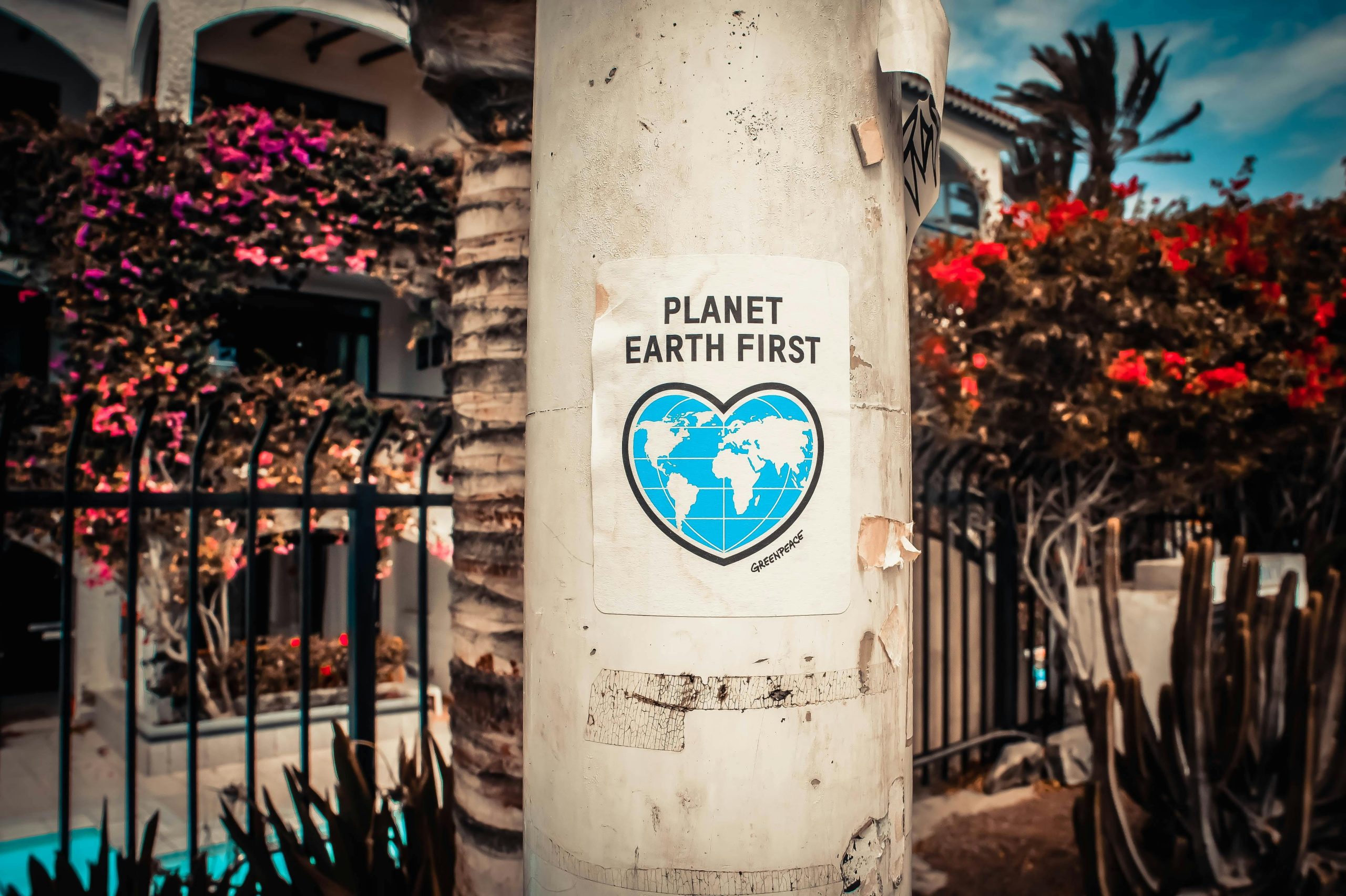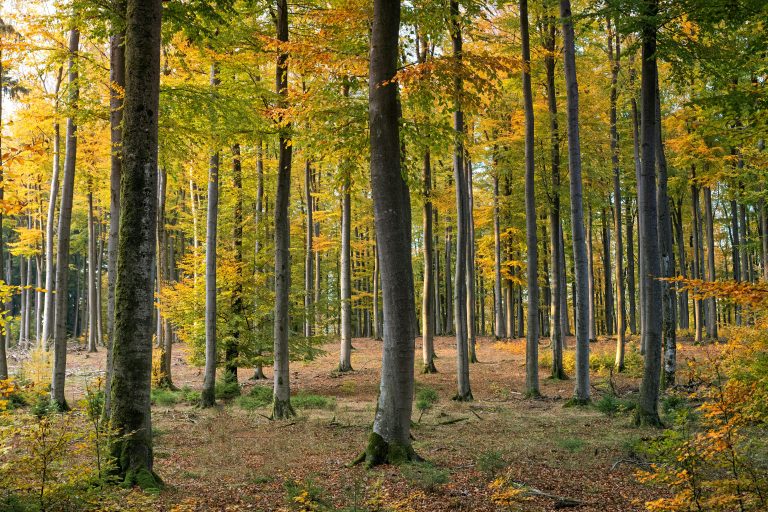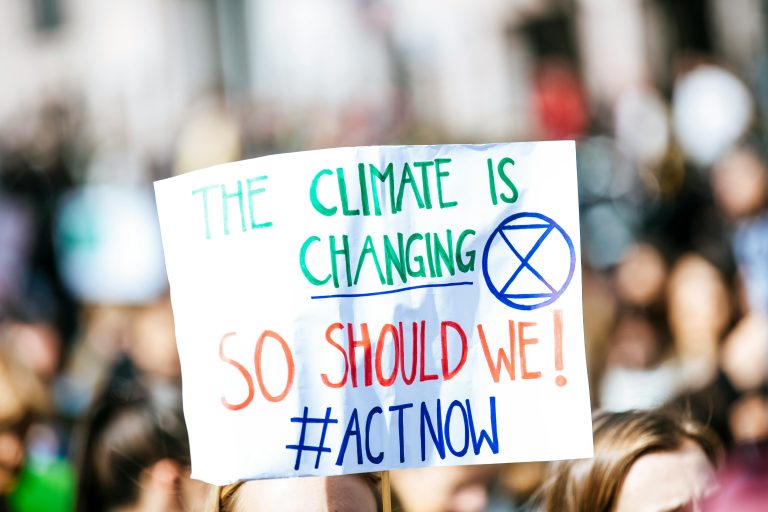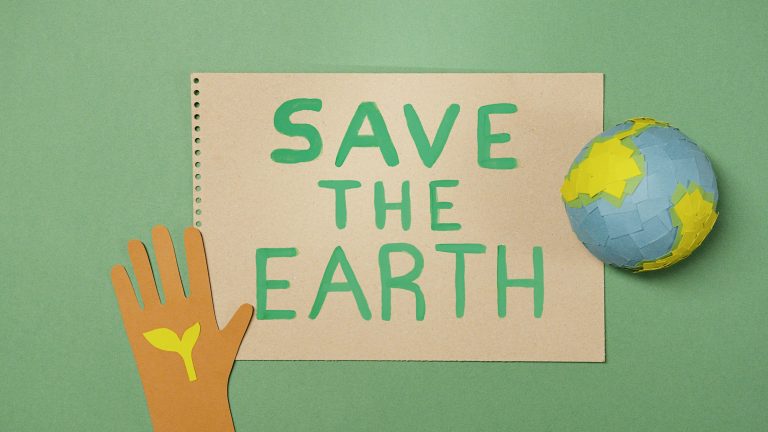Building Climate Resilience Together
Climate change affects us all, from rising temperatures to unpredictable weather patterns. But the good news is that climate resilience starts with awareness and action at the community level. While global solutions are vital, local efforts often have the biggest impact. Communities that understand, adapt, and act can protect themselves, their livelihoods, and future generations from the harshest effects of climate change.
Here are simple yet powerful ways to make your community more climate-resilient.
1. Educate and Engage Your Community
Awareness is the first step toward action. Organize local workshops, school programs, and open discussions to help people understand climate issues in relatable ways.
- Host climate talks and invite local experts or activists.
- Create youth-led eco clubs or community environmental groups.
- Share knowledge on social media or through local radio programs.
When people know how climate change affects their daily lives, they’re more likely to act.
2. Promote Tree Planting and Urban Greening
Trees do more than beautify the environment, they absorb carbon dioxide, provide shade, reduce air pollution, and help prevent floods.
- Organize regular tree-planting drives in schools, markets, and public spaces.
- Protect existing green spaces and community forests.
- Encourage residents to plant fruit trees at home to boost food security.
Even small green pockets in urban areas can make a big difference in cooling local climates and supporting biodiversity.
3. Encourage Water Conservation and Smart Use
As droughts become more common, efficient water use is crucial. Encourage community members to:
- Collect and use rainwater through simple harvesting systems.
- Fix leaking taps and pipes to prevent wastage.
- Reuse greywater for gardening or cleaning.
- Protect local rivers and wetlands from pollution.
By valuing every drop, communities become less vulnerable during dry spells.
4. Adopt Sustainable Waste Management
Improper waste disposal contributes to pollution and floods. Promote community clean-ups and recycling initiatives to keep the environment healthy.
- Set up proper waste collection points.
- Separate waste into recyclable, organic, and non-recyclable categories.
- Encourage composting of food waste to enrich local soils.
- Partner with local authorities or NGOs for waste awareness campaigns.
Clean environments not only reduce disease but also foster pride and collective responsibility.
5. Support Local Climate-Friendly Livelihoods
Resilience also means economic stability. Encourage and support sustainable livelihoods that align with environmental goals.
- Promote eco-friendly farming practices such as agroforestry or organic farming.
- Support artisans who use recycled or locally sourced materials.
- Create community markets for climate-smart products.
When green businesses thrive, so do communities.
6. Improve Disaster Preparedness
Climate resilience also means being ready when disasters strike.
- Form local disaster response teams and train volunteers.
- Map flood-prone or drought-prone areas in your community.
- Develop emergency communication systems (WhatsApp groups, sirens, or SMS alerts).
- Store essential supplies and create evacuation plans.
Preparedness reduces panic and saves lives during extreme weather events.
7. Advocate for Change and Policy Support
True community resilience grows stronger when local voices influence decision-making.
- Work with local leaders to integrate climate action into development plans.
- Participate in town hall meetings and environmental forums.
- Support youth-led climate initiatives and advocate for inclusive climate policies.
Every voice matters — together, communities can push for greener, more sustainable local governance.
Start Small, Think Big
Climate resilience isn’t built overnight. It grows through consistent, collective action. From planting trees to managing waste and spreading awareness, every effort counts. When communities act together, informed, empowered, and united, they not only withstand the challenges of climate change but also shape a sustainable future for all.
Let’s move from awareness to action, because a resilient planet starts with resilient communities.




